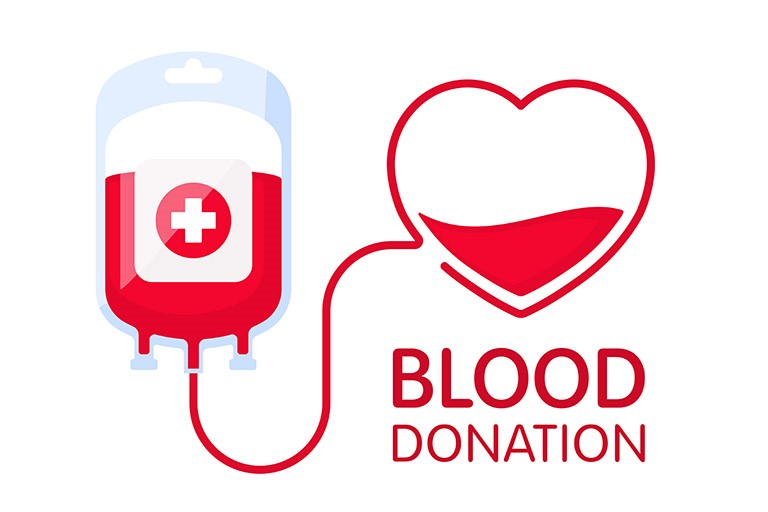Century Park Blog

You can save someone’s life! Since 1970, January has been recognized as National Blood Donor Month. This New Year is the 50th anniversary, and blood is still in as much demand, if not more, than it was in the 70s. The holidays have come to an end, and now, the cold winter days are upon us. Due to an increase in both inclement weather and sickness, January ends up hitting a shortage of blood donations compared to other months.
Donating blood is helpful in more ways than you think. It’s a process that ensures life to others. If you decide to donate blood, you aren’t only helping the individual in need of it for medical purposes, but you are also giving hope to their family and friends.
Here are some quick facts according to the Red Cross about the importance of blood donation:
- One donation can save three lives.
- In the United States alone, someone is in need of blood every two seconds.
- Every day in just the U.S., 36,000 units of red blood cells are needed.
- All blood types are accepted, but O negative is a universal blood donation, meaning anyone can use it.
Manufacturing blood is not possible. This means that hospitals wanting to save lives rely on the willingness of community members around them for surgical purposes that include the use of blood for a patient. According to the Red Cross, while 38% of the U.S. population is eligible to donate, only a mere 10% actually do. This is why having knowledge about the benefits of blood donation is crucial. You can save someone’s life and influence others by your actions to do the same. Here are three benefits of donating blood.
Reduce the risk of possible medical issues.
According to the National Blood Transfusion Service, donating blood can improve heart health. As you age, there is a possibility that levels of iron can increase within your blood. This can increase chances of heart disease, a heart attack or a stroke. When you donate, it can help eliminate iron that can build up; by lowering levels of iron, you reduce the chance of those medical issues and help your own body.
A free mini health check-up.
Yes, you read that right. FREE. When you donate blood, the staff member who performs the extraction will first check on your physical well-being. This includes:
- Body weight
- Blood pressure
- Body temperature
- Pulse
- Hemoglobin levels
Another important benefit to acknowledge is that afterward, the blood is first sent to be tested for any form of disease. If any positive results are found, the donor is contacted and told in private about their results.
Becoming involved can help you psychologically.
When you donate blood, you restore hope and even save lives of those who have been, or are currently feeling hopeless. Many forms of medical procedures are possible due to donations. Here are a few ways blood donations help:
- Women with complications during or after childbirth
- Severe trauma patients
- Surgical procedures
- Cancer patients, etc.
By devoting your own time to help others, you are doing something very similar to volunteer work. It can reduce stress levels, isolation and even provide a feeling that you belong. Most communities have certain locations for blood donation. If you happen to go to the same location a few times, you could have the chance to meet the staff and speak with people who enjoy helping others.
If donating isn’t something you’re interested in or eligible to do, you can still help by bringing awareness to those around you about the benefits of donating blood.
The requirements for donating blood are: a driver’s license, 17 years of age (16 in some states with parental consent) and a weight of 110 pounds or higher. Consult your primary physician to see if this is an option for you.



